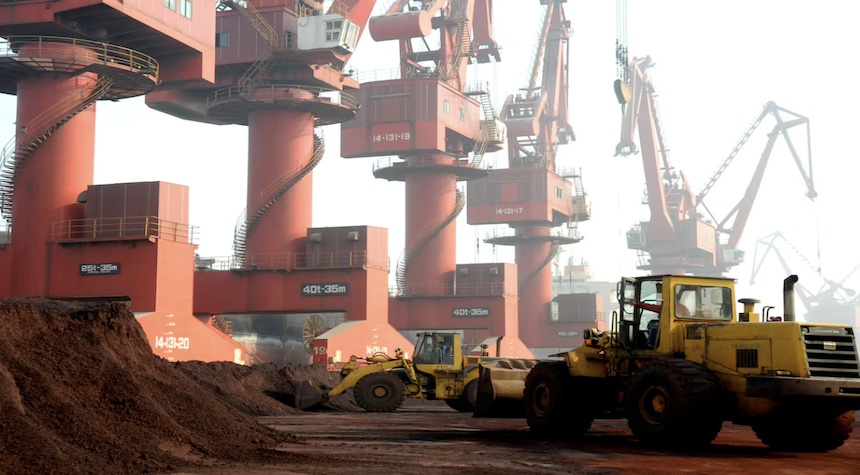China has approved temporary export licenses for rare-earth suppliers of the top three U.S. automakers, according to reliable sources. This development surfaces amid the disruption of supply chains originating from Beijing’s export restrictions on these vital materials.
The exact quantity or type of items covered by the licenses remains unclear, and whether this signifies an easing of China’s licensing process for rare-earth is yet to be determined. Industry groups have voiced concern over the complexity of this process, which they believe has created a bottleneck in supply.
China’s decision in April to limit exports of a broad range of rare earths and related magnets has disrupted supply chains integral to automakers, aerospace manufacturers, semiconductor companies, and military contractors worldwide. China’s dominance in the critical mineral industry, vital for the green energy transition, is increasingly seen as a significant leverage point for Beijing in its trade war with former U.S. President Donald Trump.

Suppliers for three major U.S. automakers – General Motors, Ford, and Stellantis, the maker of Jeep- received approval for certain rare-earth export licenses earlier this week. GM and Ford declined to comment, while Stellantis stated it is collaborating with suppliers to ensure a smooth licensing process and address immediate production concerns.
China’s Ministry of Commerce did not immediately respond to a request for comment. China’s export controls on critical minerals have been a focal point of President Trump’s critique of Beijing, which he accused of violating the truce reached last month to reduce tariffs and trade restrictions.

U.S. auto companies are already grappling with the effects of these restrictions. In May, Ford halted production of its Explorer SUV at its Chicago plant for a week due to a shortage of rare earths. The approval for the auto suppliers follows the green light given to a U.S. electronics firm’s suppliers last week.
Reports indicate that on Wednesday, China introduced a tracking system for its rare earth magnet sector to improve control over the industry and crack down on smuggling. An anonymous source stated, “We have to give the Chinese the benefit of the doubt that they’re working through this. It’s up to them to show that they are not weaponizing it.”.


